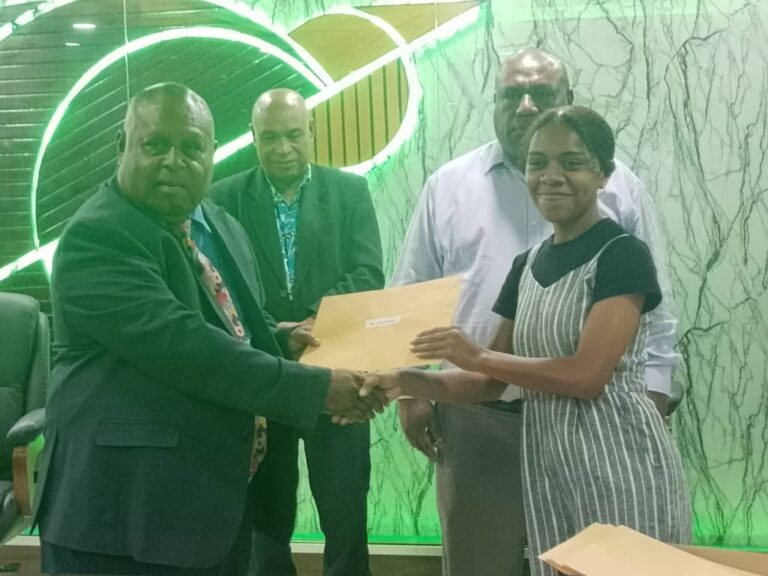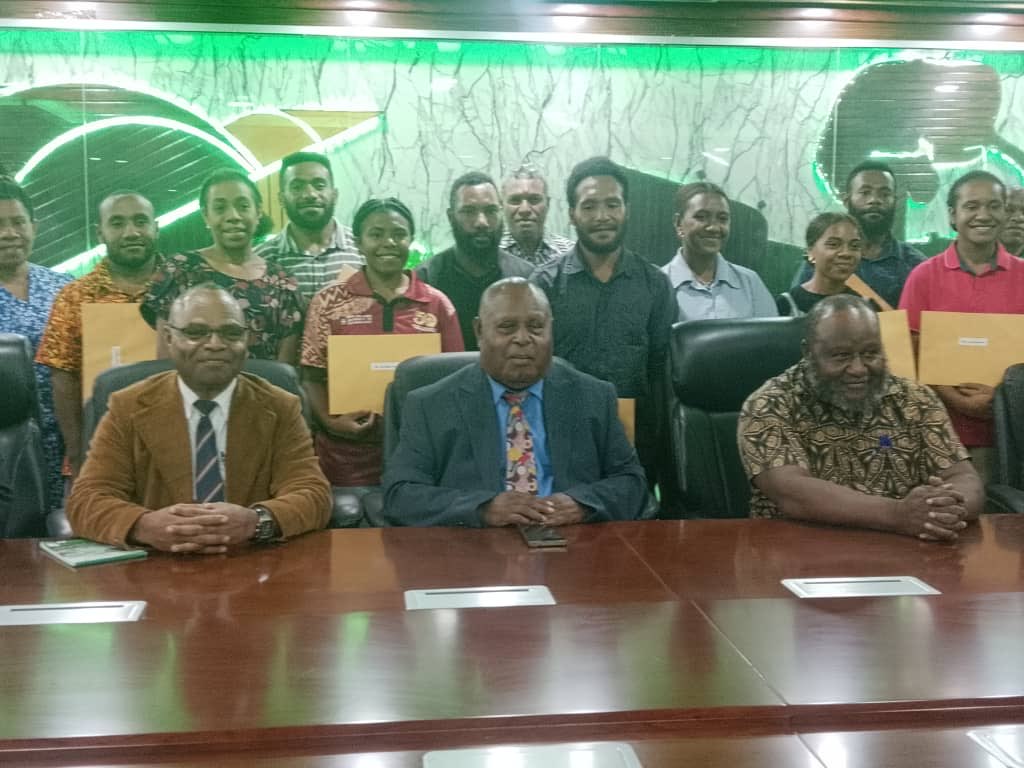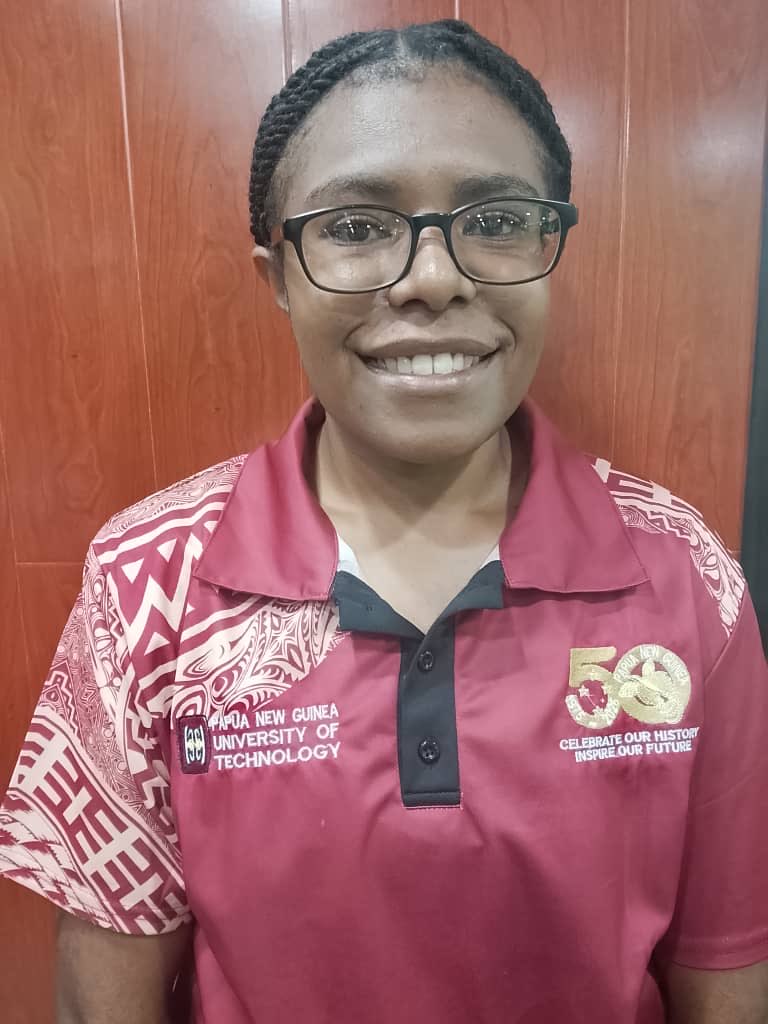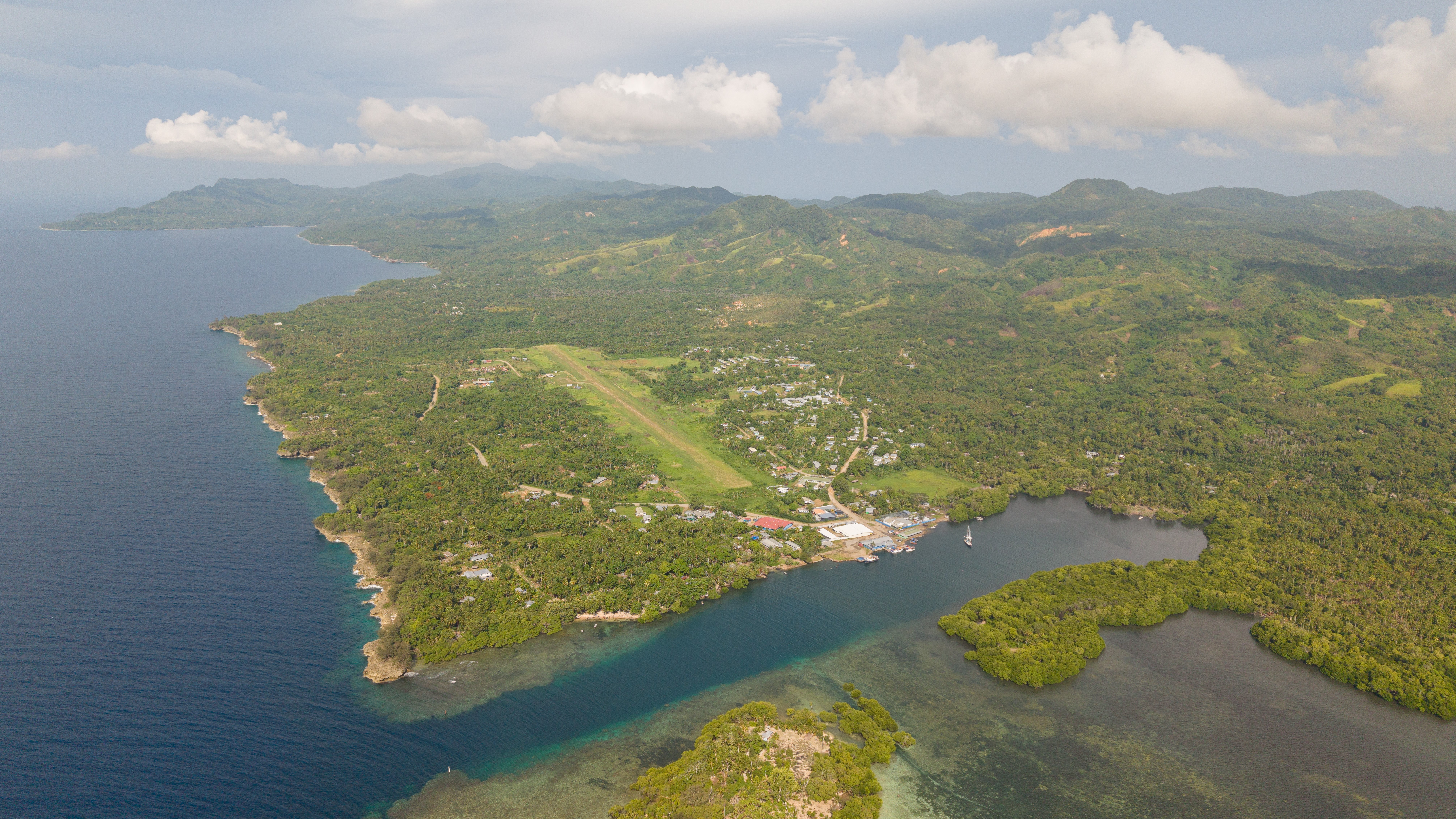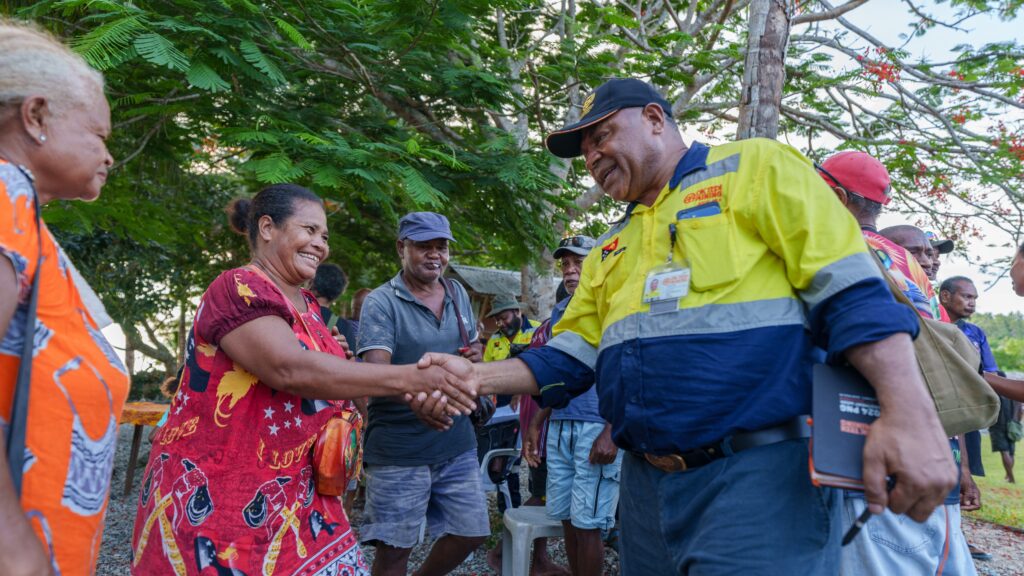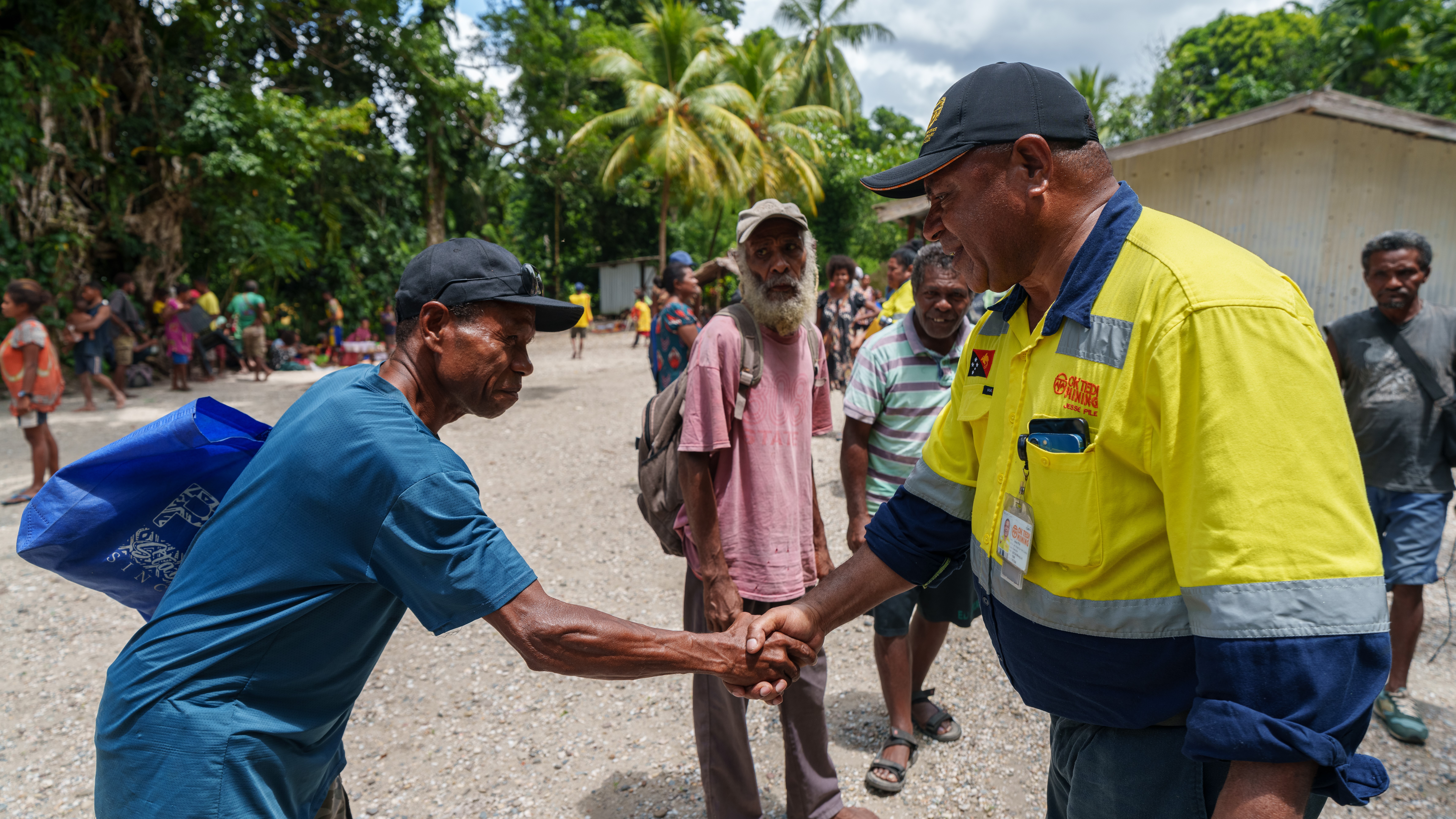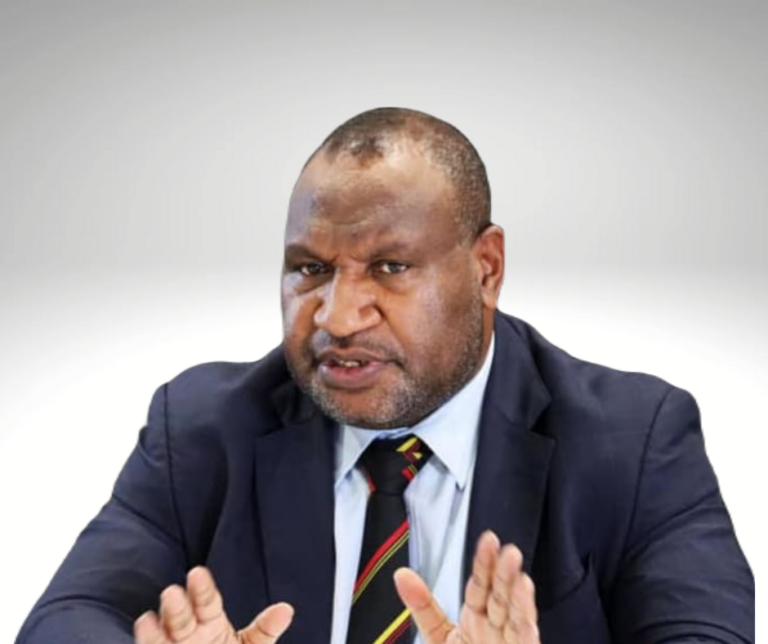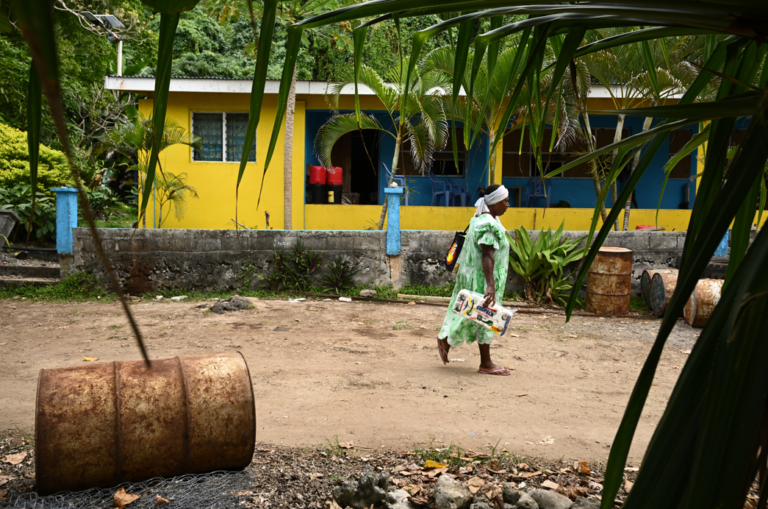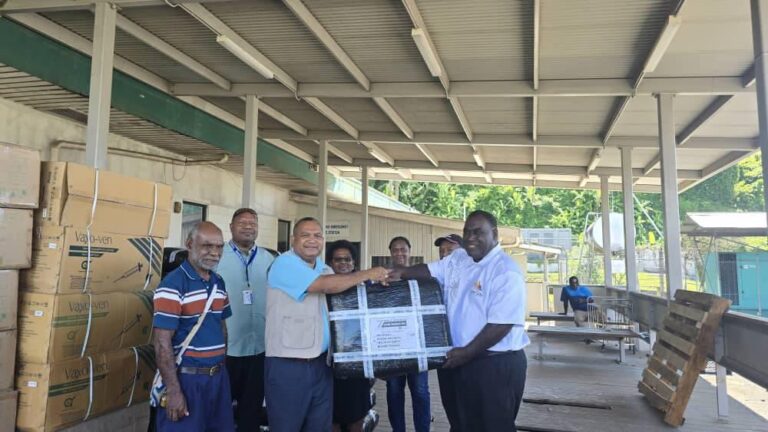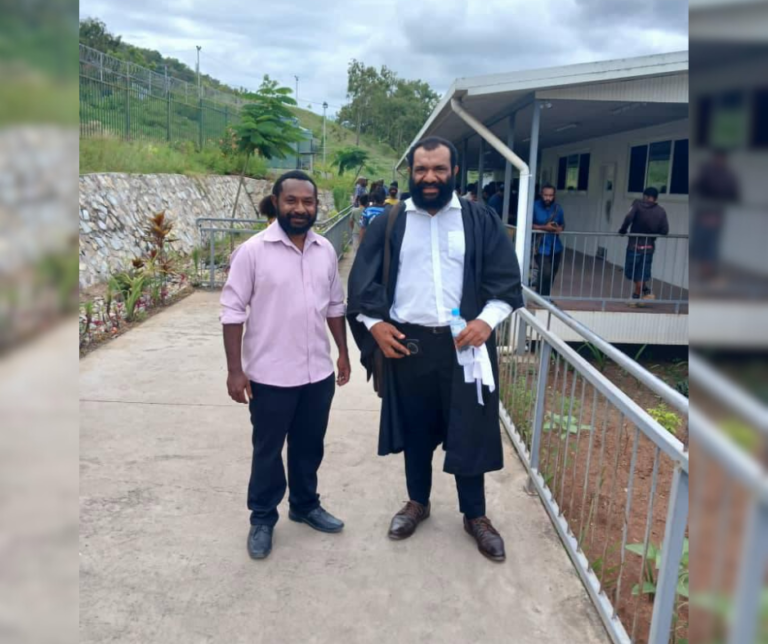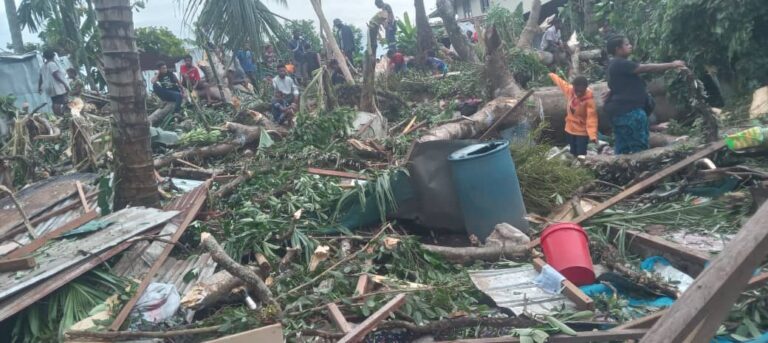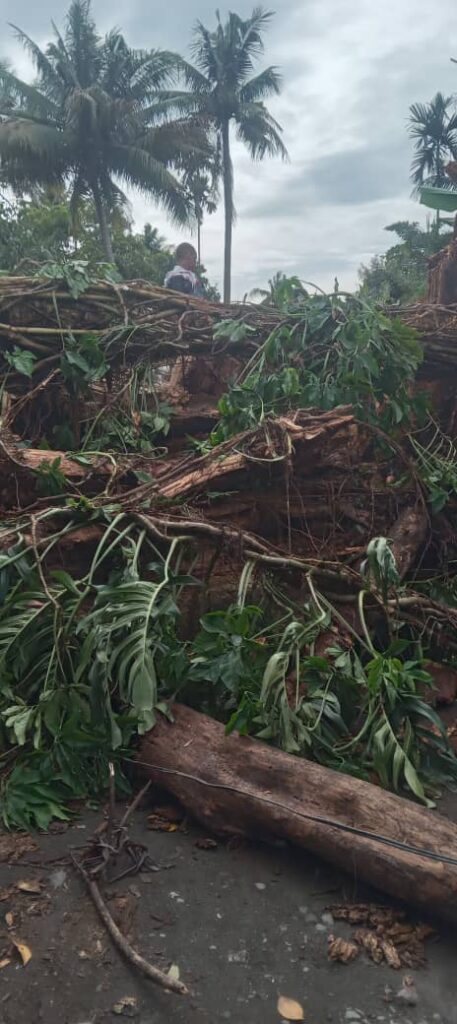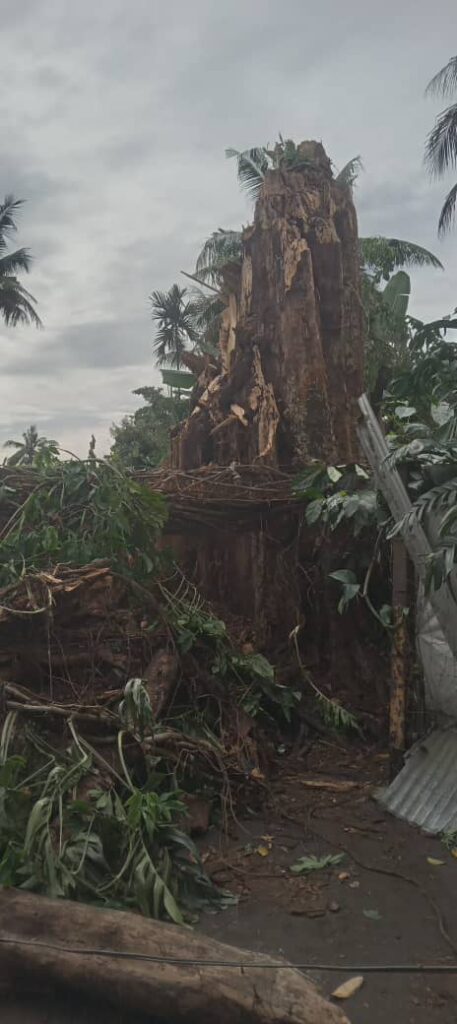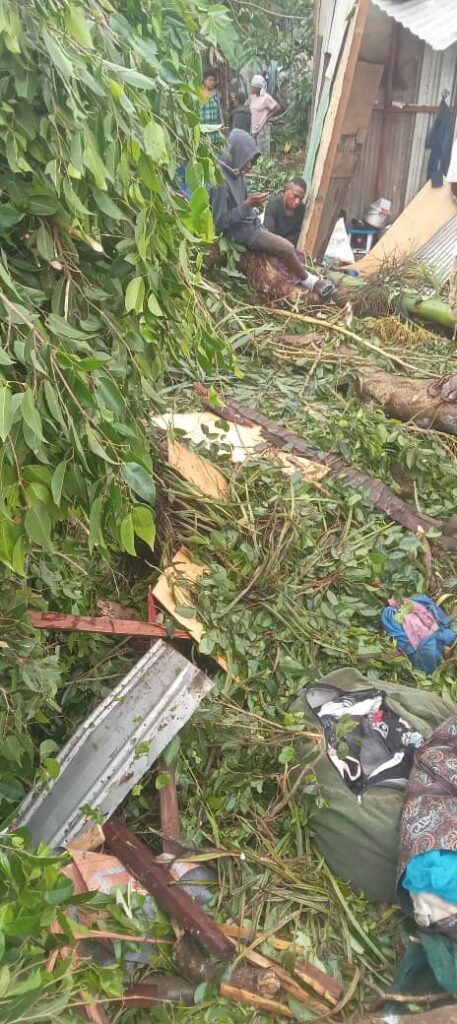Perhaps not surprisingly, 45-year-old Venus Williams views age as just a number.
The seven-time grand slam champion will this month become the oldest woman to feature in the main draw of the Australian Open, after being granted a wildcard.
Williams, who hasn’t played outside North America since 2023 having battled health and injury problems, is also competing in the Hobart International starting Monday.
Ranked 582, she played Auckland last week and took a set off world No.52 Magda Linette in an opening-round loss.
“(I’m) hitting the ball so well. Had a lot of opportunities to take control of that match and let some slide away,” Williams said in Hobart on Sunday.
“It’s great to be in those positions to actually cross the line. I can’t expect to be perfect … as much as I want to be.”
Williams has played more than 1000 top-level singles matches since turning professional in 1994 as a 14-year-old and spent 11 weeks at world No.1.
Williams and younger sister Serena, the winner of 23 grand slam singles titles including seven Australian Opens, have been credited with redefining women’s tennis and attracting new audiences.
The veteran now comes up against players more than half her age who have grown up with modern string and racquet technology.
“I feel like Serena and I were part of a big change in women’s tennis. Over time too the equipment has changed,” Williams said.
“I’ve had to adjust my game based on (things like) new strings. I think I’m a student of the game, I like to watch and learn from other players.
“(But) when you walk on the court, I’m so focused on what I want to accomplish. Winning and losing knows no age.”
Williams hasn’t played in Melbourne, where she made the final in 2003 and 2017, for five years and will break the age record set by 44-year-old Kimiko Date in 2015.
She was coy on whether it would be the last time people would see her on Australian soil.
“I don’t know and even if I did know I wouldn’t say. Right now I’m focused on the moment,” she said.
In her first visit to Tasmania, wildcard Williams will meet fellow veteran, 38-year-old German world No.43 Tatjana Maria, in the Hobart first round.
“When I first got here … in the air you could smell eucalyptus and I was like ‘this is my place’. I was like, we’ll get my passport changed,” she joked.
She said she was hoping to draw on the rage of Serena, who lost in the quarter-finals in Hobart in 2007 before going on to win her third Australian Open title.
“I remember how upset she was, I’ll never forget that,” Williams said.
“She was able to channel all that … to being able to play well in the Australian.”
Williams returned to the tour in July less than a year after having surgery for uterine fibroids and said her motivation remained high.
“It’s a beautiful sport. I love what I do and it’s a blessing and honour to keep doing it,” she said.
Copyright @ AAP 2026



